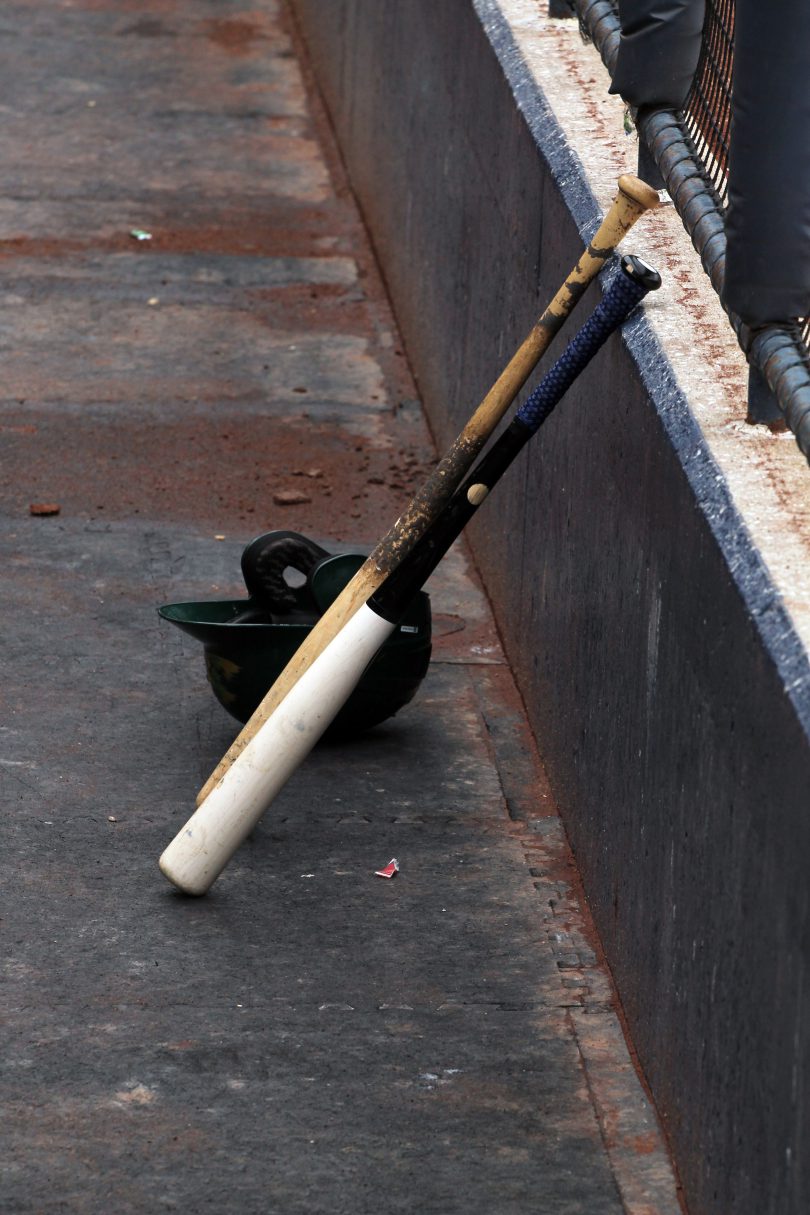


Even though you didn’t get a season this year, it’s still important that you take the time to complete a personal self-evaluation. We are here to help you review and assess your current strengths and weaknesses so you have direction for strengthening your game for the time when you can get back on the field.
Tip 1: Write everything down
A D1 College World Series head coach once told me, “Write everything down. Don’t trust your memory!” When it comes to self-evaluation, this may be the most helpful tip. If you don’t have a baseball journal, let this review be your first entry. You won’t be sorry. Being able to refer to what you were doing when things were going well or poorly in workouts, and later in games, can be a great tool. For more, check out our article on how to use a journal or video for your improvement.
Tip 2: Honesty Matters!
As noted by Coach Bohannon, a long-time SEC recruiting coordinator and head coach, an honest evaluation of your skills is imperative for finding a college fit. The truth might hurt for a little bit, but sugar-coating will hurt your chances for improving as a player long-term and may make it difficult to target colleges that are a fit for your skills. You need to be brutally honest with yourself when assessing your abilities. It will be hard, but it will pay off!
Tip 3: Devote More Time to Constructive-Criticism than Praise
It is human nature to want to devote more time to positive things than negative things, but singing your own praises is only helpful moving forward if you look at the reasons why you were successful, and use that as a road map for preparing for future success. You should definitely take time to do this! At the same time, you should spend as much time, if not more, on what didn’t go well. Put your focus into concrete ways to improve these weaknesses. The best and hungriest players attack their weaknesses and spend time turning them into strengths, even though it involves failure or looking bad. Complacent and satisfied players continue to work on their strengths because that’s what makes them look good to others. Create a road map for improvement with concrete goals. Our articles (Part 1 and 2) on making goals the right way may be of great use.
Tip 4: Seek Outside Opinions
After you have evaluated yourself and developed a plan for maintaining strengths and improving weaknesses, seek out the opinion of others. Cross-checking what you think about yourself with someone who can give you an honest and objective evaluation will give you a more realistic perspective of where you stand. You may also hear new ideas about your skills that you missed. We can’t stress enough the importance of gaining an honest understanding about your skills and ability. Try to get the opinion of people who know college baseball well and can help you improve your game for the next level and identify what level of play is a fit for your skills.
Tip 5: Create an Action Plan
Taking the time to review and assess your current ability is great, but the value of the process only goes as far as the change it creates. You need to evaluate, assess, but most importantly use the information you learn to create an action plan for future success. How will you address your weaknesses? How will you continue to improve your strengths? Create a plan for future success that will help you bridge the gap between your current skills and college baseball standards and you will be one step closer to playing at the next level!